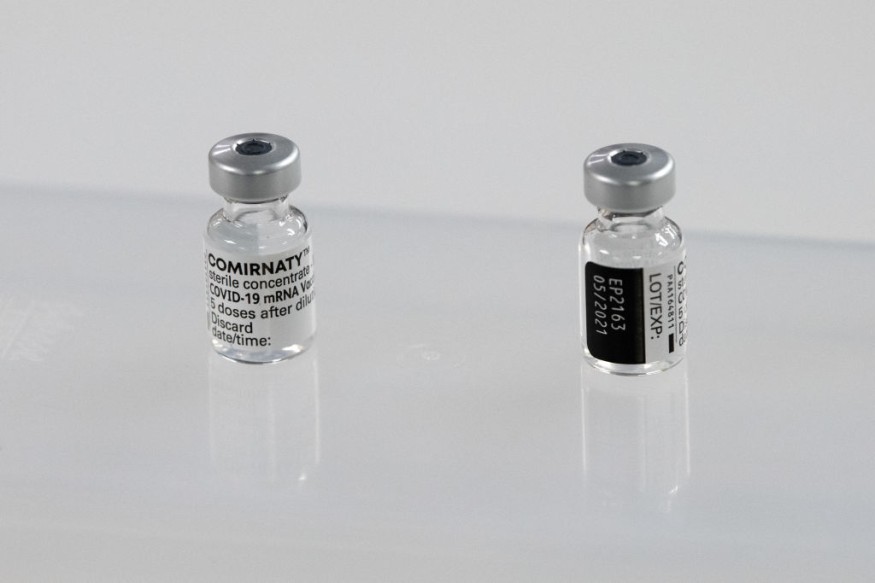Misinformation about vaccines has made it harder for governments to endorse COVID-19 mRNA vaccines to people. It has been the biggest challenge so far in the efforts of ending the pandemic.
Experts estimate that for the world to reach herd immunity, about 70% to 90% of the world's population should be vaccinated. But to do that, myths surrounding vaccines should first be dispelled.
An immunologist and pharmacist explain six important facts behind some of the most common myths surrounding COVID-19 mRNA vaccines.

Fact #1:
COVID-19 Vaccines Have Undergone Rigorous Testing and Found to Be Effective and Safe
Pfizer/BioNTech and Moderna vaccines use mRNA technology, a novel vaccine development technique, to create a vaccine against COVID-19. Testing on these vaccines yielded a 94% to 95% effectiveness against the infection, Yahoo! reported.
Its development, clinical trials, and approval happened at a faster rate than the usual time a vaccine takes to develop because of the funding and partnerships from private firms and the government.
Also, the manufacturing and commercial-scale production of the vaccines started simultaneously. As the clinical trials proved that it was safe and effective, there was already a large stockpile of vaccines ready to be distributed.
Fact #2:
mRNA Vaccines Do Not Alter the Host DNA
The mRNA delivered from vaccines enters the cell but not the nucleus where the DNA is located. The mRNA vaccine is used to create spike protein that evokes an immune response from the body. After that, the mRNA vaccine molecules degrade quickly through normal processes.
Therefore, mRNA vaccines neither produce enzymes that facilitate host-cell integration nor alter the host DNA.
Fact #3:
mRNA Vaccines Does Not Give COVID-19
Contrary to the myth, mRNA vaccines do not give the patients COVID-19. However, many would experience mild side effects, such as arm pain, aches, chills, and fever after being vaccinated. These are the expected healthy reactions to the vaccines that go away after a few days.
As of January 18, one in 212,000 people who received the Pfizer/BioNTech vaccine and one in 400,000 who received the Moderna vaccine have reported anaphylaxis, a severe allergic reaction. Although there have been reports of death, they do not appear to be connected at all to the vaccines.
Fact #4:
Pregnant and Breastfeeding Patients Can Be Vaccinated
According to the CDC, pregnant or breastfeeding women may choose to get vaccinated if they are eligible. The American College of Obstetricians and Gynecologists and Society for Maternal-Fetal Medicine pointed out that the risk of COVID-19 is not greater than in pregnant populations. Experts agree that the risk of COVID-19 outweighs any potential and theoretical risks of vaccination.
Initial animal studies showed that there are no harmful effects of the vaccine to the fetus or issues with its development from mRNA vaccines, ZME Science reported. Those who have questions regarding this should consult their doctors for clarification.
Fact #5:
No Effect on Fertility
The mRNA sequence is too short to trigger an immune response that may result in infertility, according to experts. Also, there have been successful pregnancies even after the infection, with no increased risk of miscarriages in early pregnancy. That means the immune response of the body does not affect fertility. Some of the Pfizer/BioNTech trial participants also reported becoming pregnant after receiving the vaccine.
Fact #6:
Those Who Had COVID-19 Before Will Benefit From the Vaccine
It is estimated that immunity from COVID-19 will only last for two to four months. Experts advise those who had previously been infected to still get vaccinated. They may choose to wait for 90 days after getting infected because their natural antibodies are still active at least for three months.
Check out more news and information on COVID-19 on Science Times.












